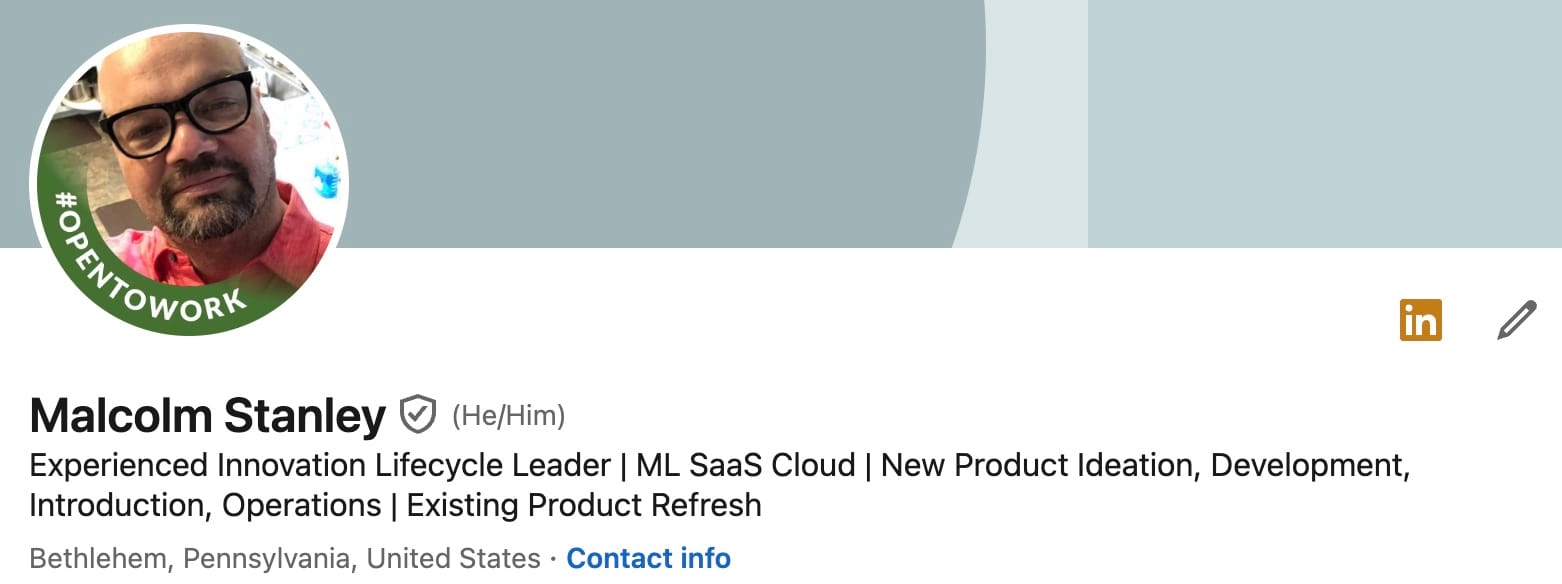Psychological Safety and the Search for a New Job

Expressing High Performance Skills in the Age of Tech Layoffs
I'm a tech worker. I've worked at companies large and small. My core value proposition is rooted in soft skills, particularly an ability to motivate groups of people to want to do difficult things in less than ideal circumstances because they come to understand in simple terms the importance of accomplishing those things. In resume terms I 'build high performing teams solving important business challenges' but really what I often do is walk into situations where people are burned out and tired and surrounded by ambiguity, and treat them like human beings. It's not hard, but it is often surprising how unintuitive this approach can be to leaders who have found themselves in a difficult situation.
I was caught up in the recent rounds of tech layoffs, one of many tens of thousands of people who have been told by their employers they are no longer needed as the pendulums of pandemic uncertainty and the natural tech boom/bust cycle continue to swing. So now I am the one in a difficult situation, and need to find my way forward.

One of the very natural things you do when you are unemployed in this modern world is post an updated resume on LinkedIn, and when you do there is a chance to put a little frame around your photo that says '#OpenToWork'. It is an easy thing to do, and then you can send a message to all your contacts and let them know this is the case.
I was surprised recently to learn that some recruiters strongly advise against this action. Apparently, in their eyes, this makes you look 'desperate' and therefore less attractive to employers. Often they advise you to undertake numerous complex procedural tasks with the objective of discretely informing them of your availability for employment, instead of honestly and openly just coming right out and saying it.
When Google tried to figure out why some of their teams performed more highly than others, after great effort they discovered that psychological safety is a key factor. When people on teams can express their emotions and describe the difficulties they are encountering without fear of ridicule or judgement, they can find ways to help one another which are simply not available if people are not willing to be vulnerable. It is this ability to find opportunities to work together that distinguishes the most highly performing teams.
When you are unemployed, by definition you are vulnerable, and probably encountering difficulties. It takes courage to express that vulnerability, and describe those difficulties, in a public space like LinkedIn. That courage can and should be celebrated, and used as an opportunity for people to help one another. It is the beginning of an opportunity to build the trust necessary for people to work effectively together.
When feedback is given that this is somehow doing it wrong, it says a lot about the person who is giving that advice, and by extension the organization they may work for. Far from being an all-too-common circumstance, your employment status and your communication of that status is being judged as a character defect. Cautions to use discretion motivated by the fact that openness will lead to negative outcomes, like being passed over, are a powerful indicator that in such an organization, if one is hired there, a later need for help or support will be more perceived as incompetence or ineffectiveness than as typical human performance. One would have to work much harder to encourage team members to develop the feelings of psychological safety necessary for high-performance team work in such an organization.
Tens of thousands of us are unemployed right now. At this scale it seems pretty unlikely we're all moral failures or deeply defective and undesirable. It also seems pretty unlikely that hiding our situation is going to help us resolve it. It seems like a much better strategy to be open, honest, and human about our situation and what we're looking for. By modeling the high performance behavior we are seeking in companies we would like to work for, we can create opportunities to help each other identify and solve the challenges we face. Personally, by being genuine and honest about my own situation, it is my hope that I too can find a new place to grow as a person and express my skills as a tech worker, maybe working with you. If that sounds like a good idea, please let me know.